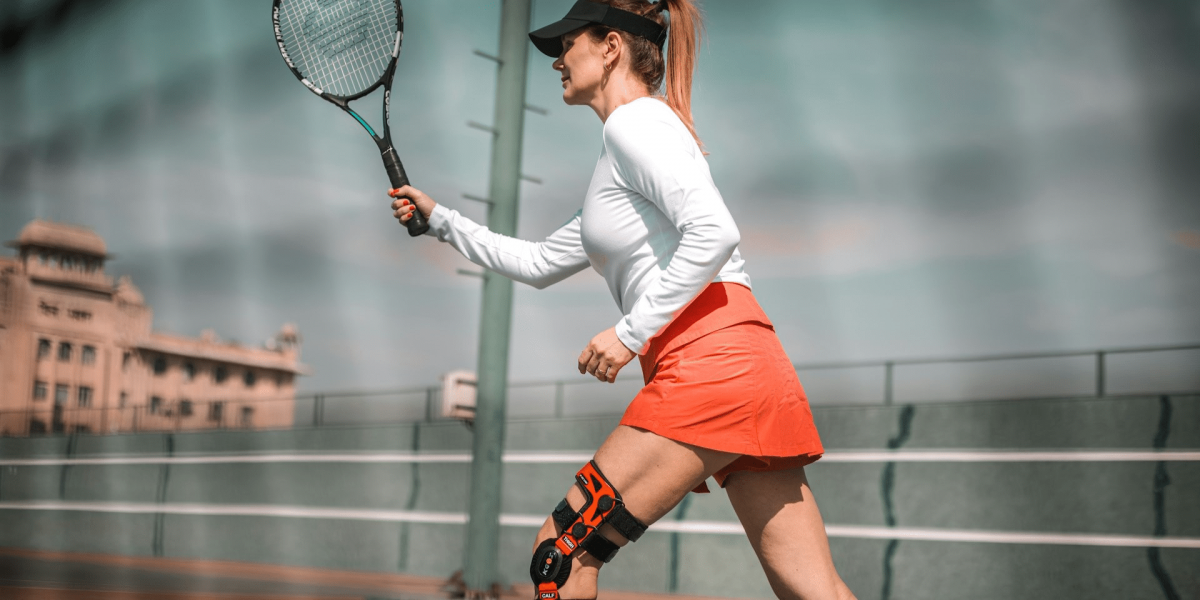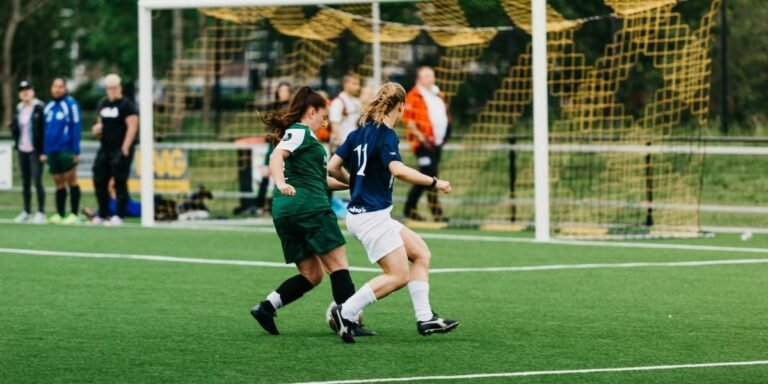Knee injuries are a common occurrence in the world of sports, and they can have a devastating impact on an athlete’s career. Whether you’re a professional athlete competing at the highest level or a weekend warrior playing for fun, a knee injury can derail your athletic aspirations and sideline you for weeks, months, or even years. In this article, we’ll explore why knee injuries are so detrimental to athletes’ careers and the challenges they face in recovering and returning to competition.
The Importance of Healthy Knees in Athletics
First and foremost, it’s essential to understand the critical role that knees play in athletic performance. The knee joint is one of the largest and most complex joints in the body, responsible for bearing the weight of the body and facilitating movements such as running, jumping, cutting, and pivoting. In sports that require agility, speed, and explosive movements, such as basketball, soccer, football, and track and field, healthy knees are essential for peak performance and injury prevention.
Common Types of Knee Injuries
There are several common types of knee injuries that athletes may experience, ranging from minor strains and sprains to more severe ligament tears and cartilage damage. Some of the most common knee injuries in sports include:
– Anterior Cruciate Ligament (ACL) Tears:
ACL tears are among the most serious knee injuries and can occur when the knee is subjected to sudden twisting or hyperextension. ACL tears are particularly common in sports that involve cutting, pivoting, and landing from jumps, such as basketball, soccer, and football.
– Meniscus Tears:
The meniscus is a cartilage pad that cushions the knee joint and helps absorb shock during movement. Meniscus tears can occur due to sudden twisting or impact to the knee, leading to pain, swelling, and limited range of motion. Meniscus tears are common in sports that involve rapid changes in direction, such as tennis, volleyball, and skiing.
– Patellar Tendonitis:
Patellar tendonitis, also known as jumper’s knee, is a common overuse injury that affects the tendon connecting the kneecap (patella) to the shinbone (tibia). It is characterized by pain and inflammation in the front of the knee, particularly during activities that involve jumping or repetitive knee bending, such as basketball, volleyball, and track and field.
The Impact on Athletic Performance
When an athlete suffers a knee injury, the immediate impact is often a significant loss of function and mobility, making it difficult or impossible to perform at their usual level of competition. Depending on the severity of the injury and the specific demands of their sport, athletes may experience:
– Decreased Performance:
Knee injuries can impair an athlete’s ability to run, jump, cut, pivot, and perform other essential movements required for their sport. As a result, athletes may struggle to perform basic skills and techniques, leading to a decline in overall performance and competitiveness.
– Increased Risk of Re-Injury:
Even after recovering from a knee injury, athletes may remain at increased risk of re-injury due to lingering weakness, instability, or altered movement patterns. This can create a vicious cycle of injury and rehabilitation, further compromising an athlete’s long-term health and career prospects.
– Mental and Emotional Strain:
In addition to the physical toll, knee injuries can also take a significant toll on an athlete’s mental and emotional well-being. The frustration, disappointment, and uncertainty associated with injury-related setbacks can lead to feelings of anxiety, depression, and loss of confidence, further hindering an athlete’s ability to recover and return to competition.
The Challenges of Recovery and Rehabilitation
Recovering from a knee injury can be a long and arduous process, requiring patience, persistence, and expert medical care. Depending on the nature and severity of the injury, athletes may undergo various forms of treatment and rehabilitation, including:
– Physical Therapy:
Physical therapy plays a crucial role in the recovery process, helping athletes regain strength, flexibility, and range of motion in the injured knee. Physical therapists use a combination of exercises, stretches, and manual techniques to address pain, swelling, and muscle imbalances, allowing athletes to gradually return to normal activities.
– Surgery:
In cases of severe knee injuries, such as ACL tears or significant meniscus tears, surgery may be necessary to repair or reconstruct damaged tissues. Surgical procedures may involve arthroscopic techniques to minimize scarring and accelerate recovery, but they still require a period of post-operative rehabilitation to regain strength and function in the knee.
– Rest and Recovery:
Rest and recovery are essential components of the healing process, allowing the body to repair damaged tissues and reduce inflammation. Athletes may need to take time off from training and competition to allow their knees to heal properly, which can be challenging both physically and mentally.
The Road to Recovery
In conclusion, knee injuries can have a devastating impact on an athlete’s career, affecting their performance, confidence, and long-term health. Whether it’s a torn ACL, a meniscus tear, or patellar tendonitis, knee injuries require prompt diagnosis, comprehensive treatment, and diligent rehabilitation to ensure a full recovery and minimize the risk of future injury. Athletes who suffer knee injuries face numerous challenges along the road to recovery, but with the right medical care, support, and determination, many are able to overcome adversity and return to the sports they love, stronger and more resilient than ever before.









